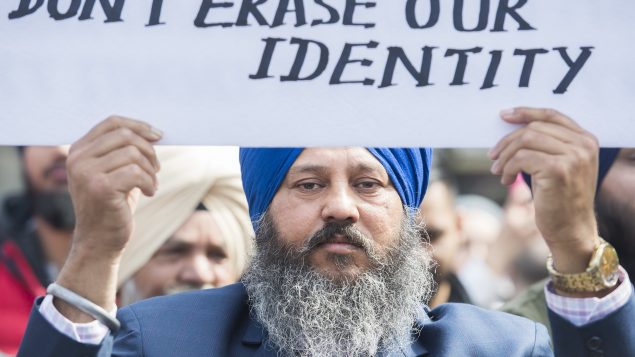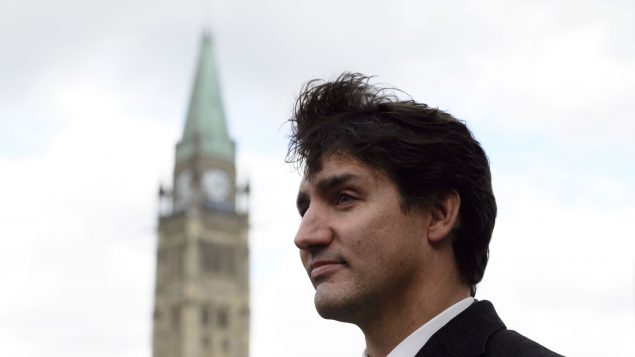Working with other parties to address climate change and cost of living in Canada will be the main priorities of his minority government but the Liberals won’t seek a formal coalition, Prime Minister Justin Trudeau said Wednesday.
Trudeau said he expects to swear in a new gender-balanced cabinet on Nov. 20.
However, the prime minister said, he is still reflecting on how to represent Western Canada at the cabinet table since the Liberals were completely shut out of Alberta and Saskatchewan, and have no members of parliament elected in the two provinces.
The Liberals won 157 seats in the House of Commons in the Oct. 21 federal election, falling well short of the 170 seats needed for a majority government. They will have to rely on support of other parties to stay in power.
The Conservatives took 121 seats this time, while the Bloc Québécois won 32 and the New Democrats have a caucus of 24. The Green Party won three seats and former Liberal cabinet minister Jody Wilson-Raybould was re-elected as the only Independent Member of Parliament.
‘A clear message’

Prime Minister Justin Trudeau holds a press conference at the National Press Theatre in Ottawa on Wednesday Oct. 23, 2019. (Sean Kilpatrick/THE CANADIAN PRESS)
“Canadians sent a clear message that they expect their leaders to work together on big issues that matter to them: two of them being the fight against climate change and affordability, cost of living for people right across the country as we work to build a better future for them all,” Trudeau told reporters at his first post-election press conference in Ottawa.
“I’m committed to work on that, fortunately, those are big parts of our platform but we’re also going to work with other parties to ensure that we are making the right decisions for all Canadians.”
Trudeau said his priorities for the minority government’s first few months in office will be to bring in a tax cut “for the middle class”, to introduce legislation to expand medical assistance in dying, and to tackle climate change.
At the same time he vowed to press ahead with the expansion of the controversial Trans Mountain Pipeline project, which is opposed by the New Democratic Party, the Greens and the Bloc Québécois, potentially forcing Trudeau to seek the support of the Conservative Party.
“We made the decision to move forward on the Trans Mountain pipeline expansion because it was in Canada’s interest to do so, because the environment and the economy need to go together,” Trudeau said. “We will be continuing with the Trans Mountain pipeline expansion.”
Not closing door to Bill 21 intervention

A man holds up a sign during a demonstration in Montreal, Sunday, Apr. 7, 2019, in opposition to the Quebec government’s newly tabled Bill 21. (Graham Hughes/THE CANADIAN PRESS)
Trudeau also stuck to his guns on the issue of a possible federal intervention in a court challenge of the newly adopted Quebec legislation that bans certain public employees in positions of authority – judges, police officers but also school teachers – from wearing religious symbols, such as Muslim headscarves, Jewish yarmulkes, Sikh turbans or large visible crosses at work.
Bill 21 enjoys the support of the majority of the population in the French-speaking province while in the rest of the country and among Quebec’s religious minorities the legislation is seen as unconstitutional.
“We are not going to intervene at this point on Bill 21, but I’m not going to close the door to eventually intervening, because the federal government must never close the door to defending basic human rights, including the rights of women, the rights of francophones outside of Quebec, religious minorities and LGBTQ,” Trudeau said.
Trudeau faces challenges in working with provincial and territorial leaders; several of them are strongly opposed to the government’s plan to price pollution by levying a carbon tax.
Trudeau also said he regrets the “tone and the divisiveness” of the election campaign.
“I think Canadians expect us to work together, to listen to each other, to figure out a way to move forward that isn’t as divisive and… challenging as this election was,” Trudeau said, acknowledging that Canadians gave him “a lot to think about.”
With files from CBC News







For reasons beyond our control, and for an undetermined period of time, our comment section is now closed. However, our social networks remain open to your contributions.